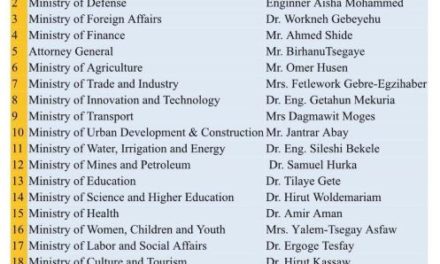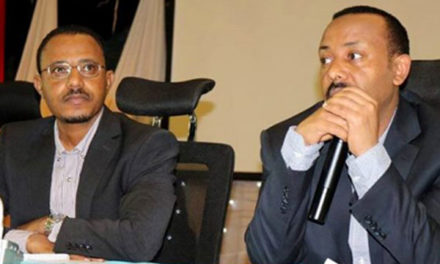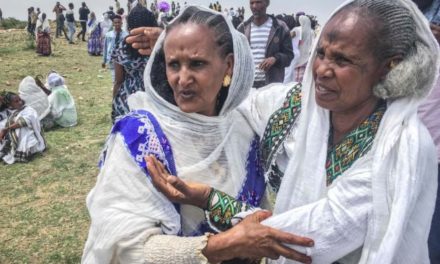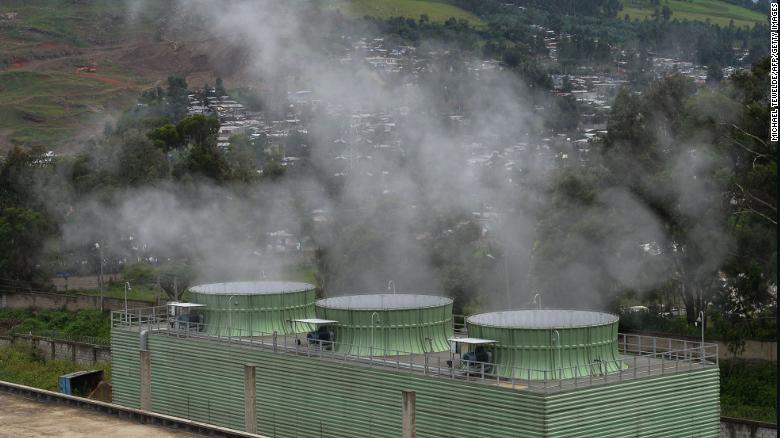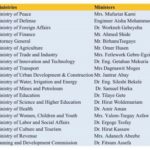By Mariama Sow, Brookings – Last Sunday, Ethiopia inaugurated Africa’s first waste-to-energy facility. The Reppie waste-to-energy plant, located on the outskirts of the Ethiopian capital, Addis Ababa, is built on the Koshe landfill site. The plant will absorbs 1,400 tons of waste daily—equivalent to 80 percent of Addis Ababa’s garbage— in order to supply 30 percent of the city’s electricity needs. The plant functions by incinerating waste, using the heat to boil water that then fuels an electricity-producing turbine engine. In order to limit emissions, the plant operates under strict regulations put in place by the European Union that prevent the release of dioxins generated through the combustion by using a flue gas treatment. The $120 million plant’s utility is twofold: It rids Addis of its waste problem—a landslide at the Koshe site in March 2017 killed nearly 144 people—and generates electricity for the growing city. The group behind the plant—which worked in collaboration with the Ethiopian Government— is made up of Cambridge Industries Limited (Singapore), China National Electric Engineering, and Ramboll, a Danish engineering firm. The group hopes that Reppie will be the first of many facilities of its kind implanted on the continent.
In other news, this week Ethiopian airlines announced that they would increase their involvement with other countries’ air companies. Tuesday, Ethiopian Airlines landed a deal that allocated it a 49 percent stake in Guinea’s national airline. It also acquired a 45 percent stake in Zambia’s national airline and created a new airline in Mozambique that it fully owns. Last week, the company submitted a bid to manage Nigeria’s national carrier. The company’s CEO, Tewolde Gebremariam, stated that the airline is looking to strengthen ties with the carriers in other African countries to assist the takeoff of regional integration.

